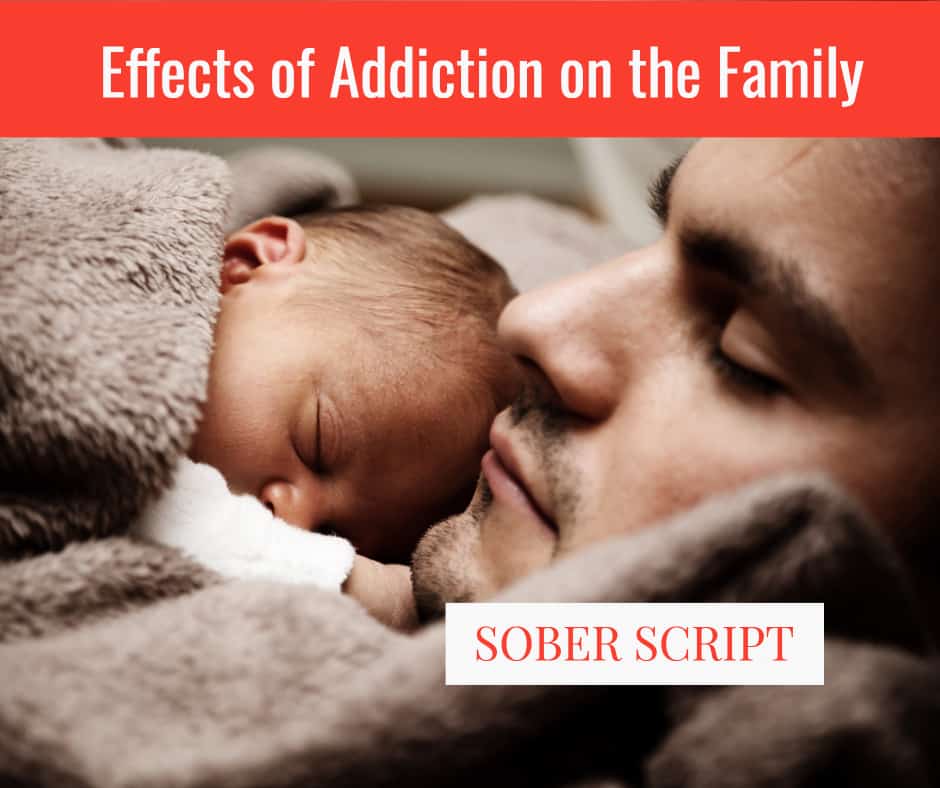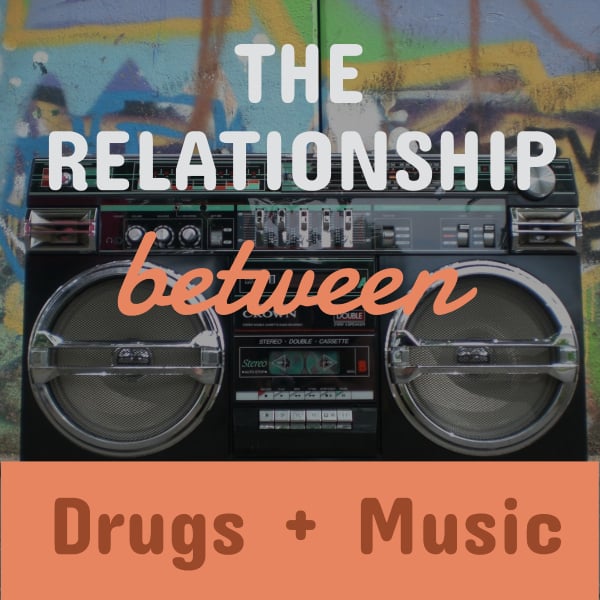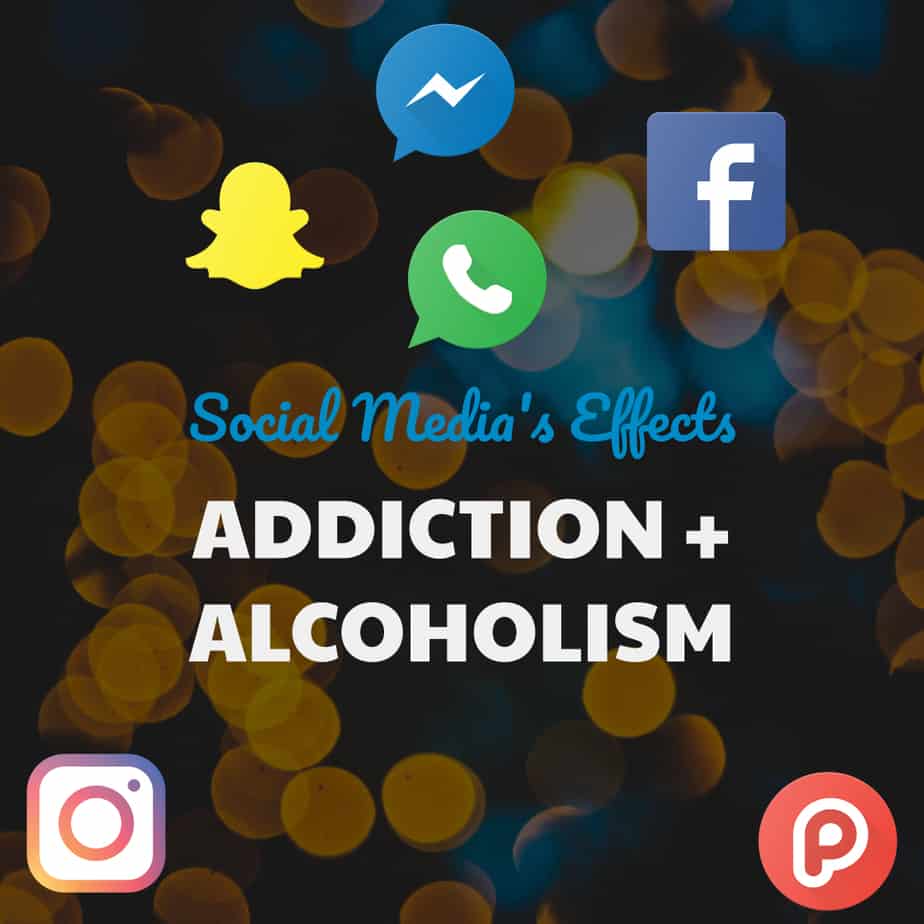How to Help Family Find Therapy & Treatment for Substance Abuse
According to a study conducted by SAMHSA, in 2009 nearly 24 million Americans had a substance abuse problem that required treatment to resolve. However, only 11% of them got the proper help that they needed. Drug and alcohol addiction is recognized as a disorder, and it is often one that people have to go through alone.
Those who suffer from addiction will often alienate the people around them as their life begins to revolve around the substance they’re using. If you know someone who could be abusing drugs or alcohol, the most important thing you can do is be there for them, help them recognize the problem and take the steps to receive treatment.
How to Know When Your Family is Suffering From Addiction
There are many obvious signs to look out for when you suspect that a loved one might be abusing drugs. Some of the following characteristics can be attributed to different life problems, but when put together, they are usually a strong indicator of substance addiction.
Destructive behavior
The most obvious sign to look out for in a suspected drug addict is major changes in their behavior that begin to negatively affect their daily life and relationships. People who have developed a dependence on drugs or alcohol might begin to compulsively lie and manipulate others. They might consistently ask to borrow money, typically with a different excuse every time, as a tactic to fuel their addiction and obtain more drugs.
As their life begins to fall into shambles, drug users will tend to blame the people around them for all of their problems, even their family and friends. They might also blame arbitrary things, such as bad luck or life circumstances that are within their control. Anyone who tries to make them take responsibility for their actions will be deemed an enemy in their eyes.
Additionally, a big indicator of someone suffering from a substance use disorder is if they begin to get involved in criminal activities. This can range from stealing money, driving while under the influence, or otherwise putting themselves into dangerous situations. People who abuse drugs and alcohol tend to become violent with themselves and/or others. They can also become impulsive and make decisions on a whim, often ending in poor results.
Poor physical and mental health
As we all know, substance use disorders take a massive toll on your health. Different substances will produce different results, but there are some typical physical signs to watch out for when you suspect your family member is addicted. Changes to their appearance can include, but are not limited to:
- Bloodshot, watery or extremely dry eyes
- Poor dental hygiene
- Dilated pupils
- Sudden and substantial changes in weight (usually weight loss)
- Hair loss or balding
- Unexplained bruises or injuries
Drug addicts may develop conditions such as heart disease, abnormally high blood pressure or cholesterol, liver or kidney disease, insomnia or trouble breathing. SImilarly, those who already possessed those conditions may have them worsen suddenly for unexplained reasons. Because drugs weaken the immune system in general, your loved one may also be getting sick frequently with things such as the common cold, the flu, bacterial infections or allergies.
Additionally, substance abuse is often linked to mental health disorders. If your family member suffers from mental health issues and is experiencing a rapid increase and/or worsening of symptoms, it is possible that they might have turned to drugs or alcohol use in an effort to cope. Mood swings in particular are very common amongst drug users.
Lack of interest and motivation
Developing an addiction will often result in someone’s drug of choice becoming the main priority in their life. When this happens, users will abandon their old hobbies and interests. You might notice a lack of energy and drive to do simple things, even things they used to enjoy a lot.
This doesn’t only apply to fun or recreational activities. Drug addicts are known to be neglectful in all aspects of life. People abusing drugs or alcohol will often start to slack off in their daily responsibilities. This can include avoiding normal tasks such as showering, cooking and cleaning, as well as neglecting work or school functions. If not handled in time, it can even result in getting fired from their jobs or being put on academic probation.
For users with families, especially those who are caretakers or parents, they will often stop putting effort into their relationships and ignore other people close to them who are in need.
How to Approach Your Loved One About Their Addiction
If you strongly suspect your family member could have developed an addiction to drugs, it is essential for you to reach out to them and confront the problem. This can be very difficult, since most people aren’t sure how to bring up the subject without hurting or offending the person involved. It’s essential to remember that you are doing so with the intention of helping your loved one and providing them with support to get their life back together.
A good first step to take is to reach out to your mutual friends and family privately in order to see if others have observed the same problem as you have. Your family member may benefit from a group intervention, or they may respond better to having only one person approach them about the topic. Whether you choose to do it one on one or with family and friends, it needs to be done in a private setting with a substantial amount of free time available to discuss the issue. You want to make sure there are little to no distractions while you’re approaching the topic.
Always make it clear to the person you’re approaching that you are reaching out because you love them, care about them and ultimately want the best for them. In many cases, drug users are likely to deny the problem and try to deflect responsibility. Helping them accept the problem and seek treatment may take multiple efforts. When approaching the topic, it can be useful to suggest a step by step plan for moving past the issue and entering rehab.
Lastly, it is necessary to establish clear boundaries when interacting with family members who are abusing drugs. One of the ways drug addicts can spread toxicity to the people around them is by developing codependent relationships. People in codependent relationships will find themselves enabling the other person’s addiction, and in worst case scenarios, leading them to develop their own.
While you want to do everything possible to help your loved ones, they have to want help in order to receive it. You cannot force someone into recovery if they aren’t willing to make the effort. In some cases, you might need to cease providing for them unless they follow through on entering rehab. If it comes down to it, these decisions, while they can be very difficult, should always be made out of love and a desire to help.
Finding Treatment for Drug and Alcohol Addiction
Once a person is ready to accept help, the next step is finding an addiction treatment program that is right for them. There are several types of programs available for drug and alcohol users, depending on their situation. Most successful recoveries begin at a rehab facility.
There are two main types of rehab programs: inpatient and outpatient. Inpatient treatment provides a 24/7 stay at a rehab center, whereas outpatient programs are a part-time experience, allowing patients to receive treatment at the facility while still living at home and otherwise maintaining their daily life routine.
Both of these options will provide a safe, medical detoxification process. Detoxing is the first step to addiction recovery. During medical detox, health professionals will typically assist their patients with supervised care and prescribed medication in order for them to safely go through physical withdrawal symptoms with the least amount of pain possible.
Addiction treatment doesn’t end with detox. A good treatment program will provide long term care, including support groups, one on one therapy, family counseling and/or holistic activities, amongst other features. Many rehab programs also offer financial aid for some attendees.
Choosing a rehab center can seem daunting. Some important factors to consider are cost, treatment options, length of stay and whether or not the facility and their staff members are nationally accredited and properly licensed. You might consider searching online for the top rated rehab centers in your area.
Your role in your family member’s recovery does not end with their admission to a rehab center. They need your continued support throughout their treatment program and after it is over. By providing them with consistent encouragement and love, the recovery will be made much easier than having to go through the journey alone.




